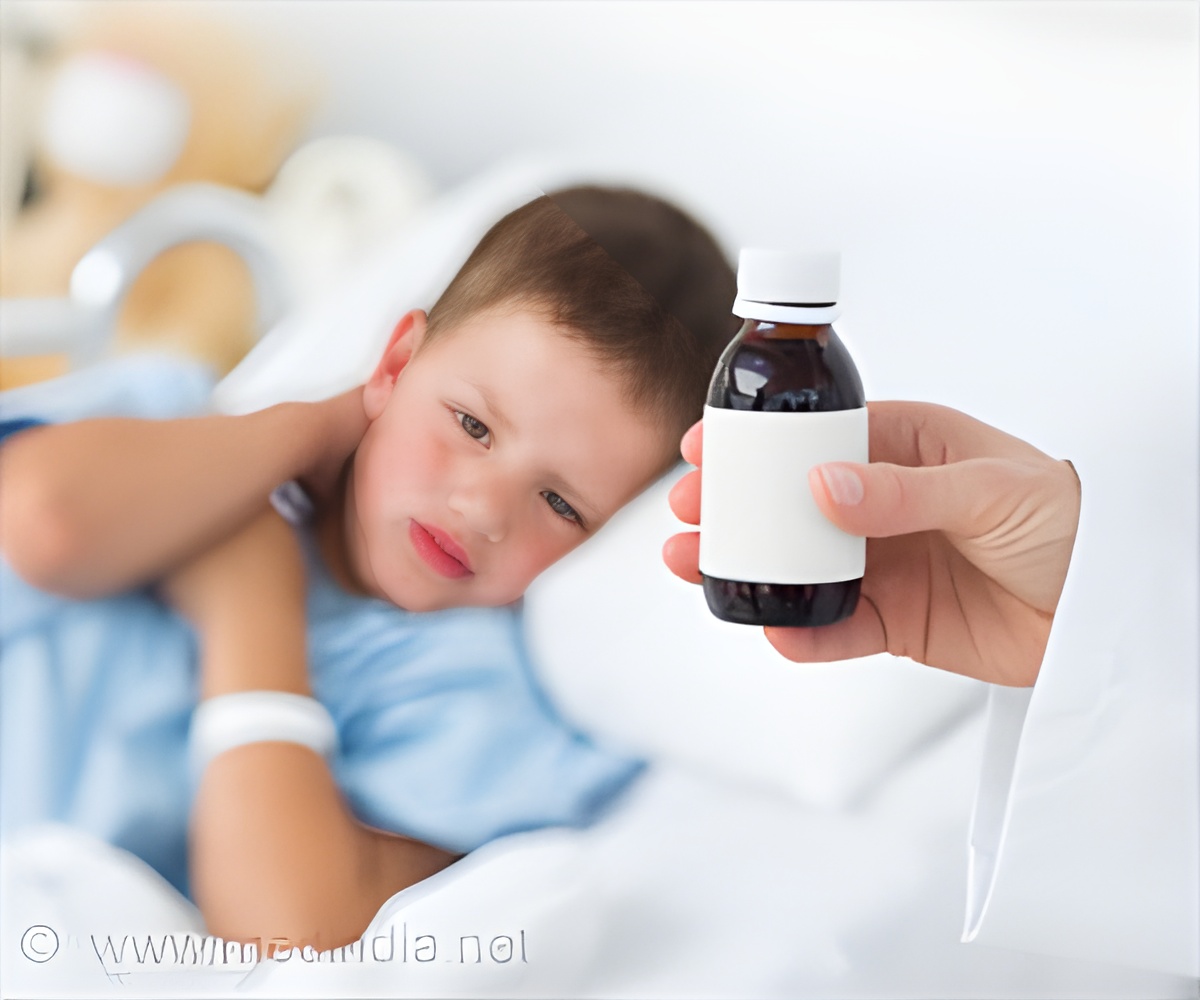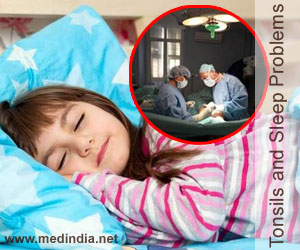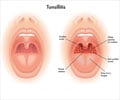Since sixty percent of children receive opioids after tonsillectomy, clinicians are advised to prescribe non-opioid drugs when possible and if prescribed, only limited prescription of opioids.

‘Prevalence of opioid prescription for children after tonsillectomy is sixty percent. There is a need to prescribe non-opioids as much as possible, and if prescribed, the opioid amounts should not be excessive.’
Read More..




And while the more powerful painkillers are often prescribed because they have been believed to reduce the risk of complications such as poorly controlled pain, researchers did not find evidence indicating that opioids protected children against those risks.Read More..
The Michigan Medicine study appears in the journal JAMA Otolaryngology-Head & Neck Surgery.
"Our findings suggest that it may be possible to reduce opioid exposure among children who undergo this common surgery without increasing the risk of complications," says lead author Kao-Ping Chua, M.D., Ph.D., a researcher and pediatrician at University of Michigan C.S. Mott Children's Hospital and the U-M Institute for Healthcare Policy and Innovation.
Researchers analyzed national data between 2016 and 2017 from a private insurance database. Among 15,793 children (ages 1 to 18) who underwent a tonsillectomy, six in 10 had one or more filled opioid prescription.
Tonsillectomy is one of the most common surgical procedures performed in children. American Academy of Otolaryngology guidelines strongly recommend non-opioids, such as nonsteroidal anti-inflammatory drugs (NSAIDs) like ibuprofen, for these procedures.
Advertisement
In the University of Michigan study, having a filled opioid prescription wasn't associated with a difference in risk of return visits for pain or dehydration. But it was linked to an increased risk of constipation and in at least one case, an opioid overdose, the study found.
Advertisement
Among children with perioperative fills, the median prescription duration was eight days, an amount that could represent 48 doses of opioids. This is far greater than what the average patient needs, researchers say. A previous study at Mott found that children undergoing tonsillectomy in 2013 were prescribed an average of 52 opioid doses but had an average of 44 leftover opioid doses.
Over-prescribing opioids to children isn't just a health risk to children, Chua says, but also to family and friends who may have access to the leftover opioids that may not be properly disposed.
"To minimize the risks of opioids to children and their families, clinicians should rely on non-opioids when possible. When opioids are used, clinicians should aim to prescribe only the amount that patients need," Chua says.
"However, our study suggests that many children receive opioid prescriptions after tonsillectomy and that the amount of opioids in these prescriptions may be excessive. We need to conduct research to identify interventions that safely and effectively reduce opioid exposure for these children."
Source-Eurekalert













